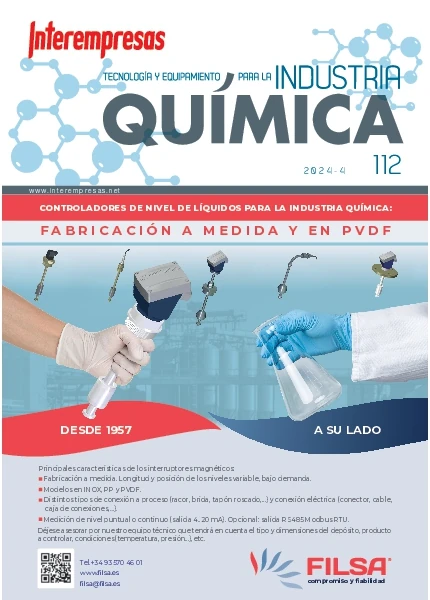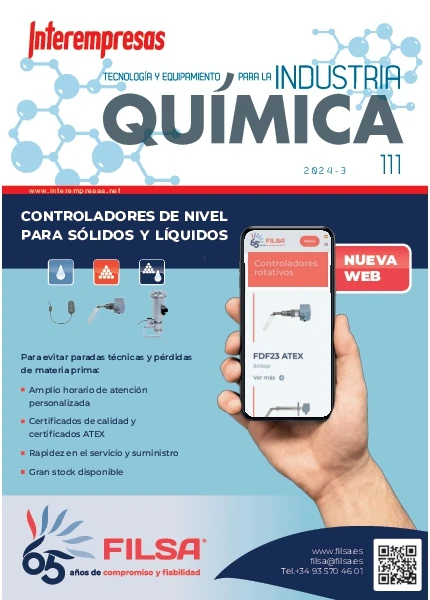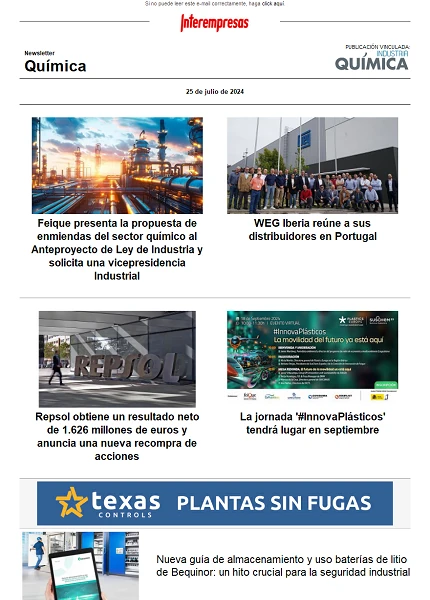The biotechnology reduces the environingingmental impact of each unit of food produced
April 22, 2010
A recent study by the National Research Council of America has confirmed that since its introduction in 1996, genetically modified crops (GMOs) with tolerance to herbicides and resistance to pests "reduced crop losses for damage from insects"offering greater flexibility to farmers and "facilitating the use of plant protection and practical of tillage more compatible with the environment". The reduction in the use of insecticides and the increased production to avoid damage from pests offer foods derived in a more sustainable manner, to reduce the impact of each unit of produced food.
The benefits of agricultural biotechnology for the environment and society include reducing the ecological footprint by the decline in the use of pesticides (reduction in 359,000 metric tons of active ingredient from 1996 to 2007); a decrease of 17.2% in the coefficient of environmental impact; the mitigation of climate change by reducing the consumption of fuels (1.8 billion liters until 2008) and emissions of CO2 (reduction in 14,76 millions of tons of CO2).
Only GM crops are authorized by bodies such as the European food safety authority under strict scientific criteria, which have shown that there is no evidence of risk to consumers by the consumption of food and feed products derived from them.










































